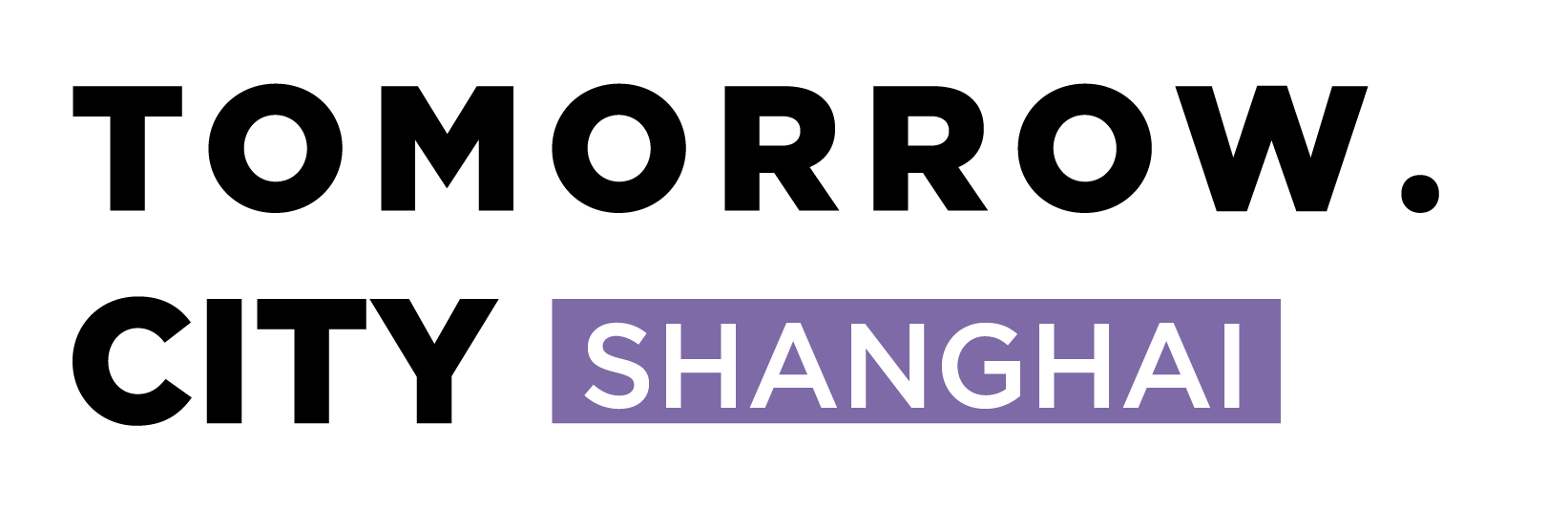
China’s internet regulators have launched a campaign targeting online content that promotes negativity, pessimism, or defeatist attitudes and are urging netizens to report posts that violate these new standards.
Types of content singled out include those that promote “defeatist” views, such as characterizing hard work or study as futile, the Cyberspace Administration of China wrote in a notice on Monday.
Why It Matters
China’s censors have long targeted online speech considered politically sensitive or threatening to Communist Party authority, from the government’s early cover-up of the COVID-19 outbreak to criticism of party leadership. Platforms deemed to facilitate controversial content face heavy fines, while users risk account suspensions and, in some cases, imprisonment.
Newsweek reached out to the Chinese embassy in the U.S. via email for comment.
What To Know
In recent years, mounting economic pressures have also emerged as yet another touchy topic. Slowing growth and a prolonged property crisis have eroded consumer confidence, keeping prices stubbornly low. Youth unemployment remains high, nearly two years after Beijing changed the way it reports the statistic. Dwindling career prospects for young people have given rise to slang reflecting a sense of hopelessness, such as “lying flat” and “rat people.”
In its statement, the Cyberspace Administration of China announced a two-month nationwide “special operation” aimed at creating what it called a “more civilized and rational online environment.”
The campaign will focus on social media, short video, and livestreaming platforms. Among the targeted behaviors are “inciting extreme antagonism” between groups based on gender, region, or identity; doxing and organizing mass reporting or complaints against other users; spreading panic; and “inciting hostility.”
Other forbidden activities include “excessively publishing or one-sidedly promoting defeatist or nihilistic rhetoric”—such as saying “hard work is useless” or “studying is useless”—as well as “maliciously interpreting social phenomena, exaggerating negative cases, and promoting world-weariness or negative life perspectives.”
The regulator instructed its departments at all levels to “strictly investigate and punish” websites, platforms, accounts, and MCN (multichannel network) organizations found in violation. The notice also called on netizens and all sectors of society to do their part by reporting infractions, including “malicious provocation of negative emotions.”
The announcement follows last week’s statement from the Cyberspace Administration of China that it had disciplined several online platforms, including microblogging site Weibo and news aggregator Toutiao, for allowing “harmful information,” such as “hype about celebrities’ personal lives” and other “trivial” topics.
In a separate development highlighting the ongoing crackdown on dissent, Chinese citizen journalist Zhang Zhan, who was jailed in 2020 for documenting the early days of the COVID-19 pandemic, was sentenced on Friday to four more years in prison on charges of “picking quarrels and provoking trouble,” according to Reporters Without Borders.
What Happens Next
In July, the International Monetary Fund raised its GDP forecast for China to 4.8 percent growth, which would more or less align with Beijing’s target of roughly 5 percent annual expansion. It remains to be seen how effective the government’s recent efforts to stimulate consumer spending and support heavily indebted local governments will be in bolstering confidence and sustaining the recovery.



